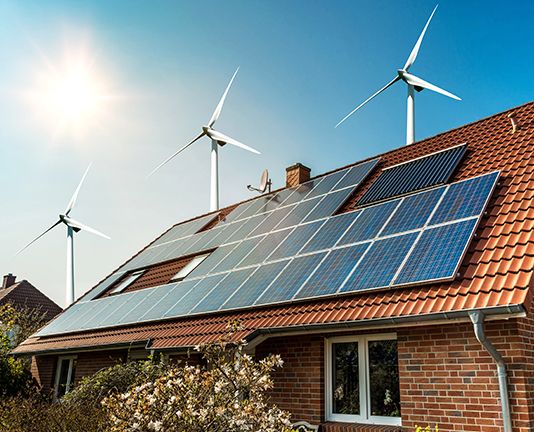According to a survey by Kotak Institutional Equities, steel prices in India have started to firm up, with long/flat prices rising 10%/4% over the previous two months. The firm domestic demand and the most recent jump in the price of raw materials, it was stated, are driving the price strength.
“Weaker monsoon and seasonal restocking tightened the domestic market and allowed price hikes, notwithstanding sluggish regional prices,” said the report. Prices for seaborne iron ore and coking coal have risen in the last month as demand has recovered and supply has tightened. “We expect steel margins to firm up in the near term, but cost inflation would require further price hikes to sustain margins,” it stated.
Over the past two months of the second quarter of FY24, domestic HRC prices rose 4% and rebar prices rose 10%. As a result of the Chinese export market remaining range-bound at this time, domestic prices are currently trading at a premium of 8–10% to import parity levels. In August 2023 and 5MFY24, domestic steel demand increased by 17% and 13%, respectively, exceeding Kotak’s forecast of 9% year-over-year growth in FY2024E.
Prices for seaborne iron ore and coking coal increased by 5% and 24%, respectively, over the preceding month. Iron ore prices have increased due to three factors: 1) no Chinese steel production restrictions, 2) record-low iron ore inventories at Chinese ports, and 3) optimistic reactions to the announcement of stimulus measures for the Chinese real estate market.
The market balance for coking coal has been severely tightened as demand has increased in major countries, particularly India, at the same time as supply has decreased from Australia, Canada, and Russia. “After NMDC recently increased prices by 7.3% and provided a discount to export parity rates, we believe there is still room for more price increases. According to the Kotak research, higher coking coal prices shouldn’t affect Indian firms until the end of the third quarter of 2019.

